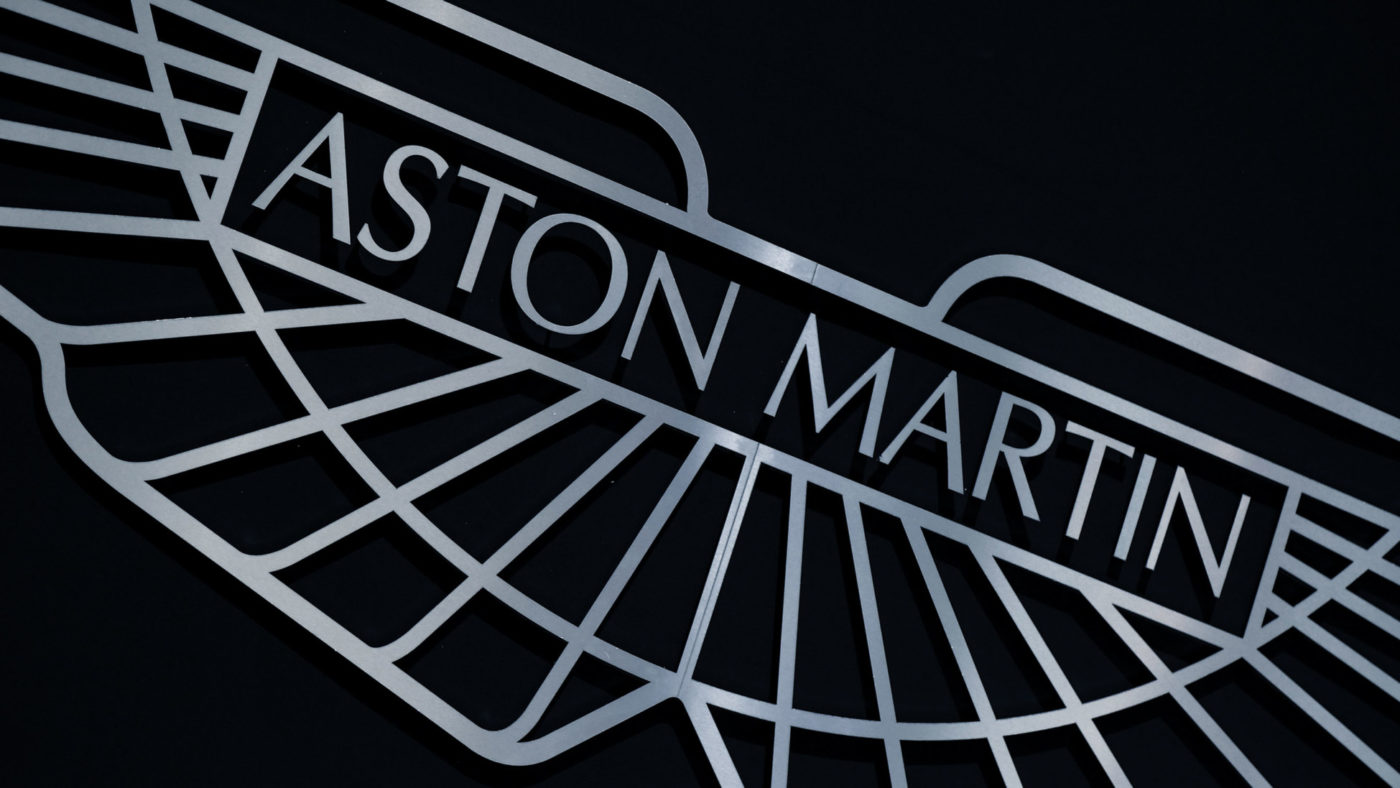It may be difficult for those that wish to do our country down to believe it, but there was a time, within living memory of many, when British industrial, engineering and manufacturing companies were world leaders. Immediately after WWII and into the 1950s, despite the dire state of the nation’s finances, when rationing was still extant or had just passed, we were world leaders in aviation, automobiles and machine tools, to name a few.
Our jet aircraft were pushing the boundaries of defence capability and commercial travel through the development of the Comet and the planning of what would become Concorde. Jaguars and Aston Martins were seeing off the Ferrari’s at Le Mans with regularity. The first yellow JCB’s had arrived by 1953 and its diggers entered the US market by 1960 to go on and become the world leader. All of this was before the UK had even applied under Prime Minister Harold Macmillan to join the European Economic Community.
Today, the industrial sector accounts for less than 5 per cent of the UK stock market. One could write a thesis on the why our base has declined so much since the 1950s but today outside Rolls Royce, British Aerospace, JCB and Smiths there are only a couple of others.
Since then British industrials have undergone a crisis of business confidence and while many successful examples – such as JCB – still exist, the lions share of our industrial base – ICI being the most criminal example – has disappeared.
Now our strategic advantage is elsewhere – in finance, media, logistics, elements of pharma and technology. Some think this a good thing because they tend to be growth industries, while manufacturing tends to migrate to low cost, but there is a price to pay of trade deficits, economic dislocation and foolish politics of public subsidy and nationalisation.
This week we shall learn what is to become of another of our world-class businesses GKN, when the £8.5bn bid from transformation specialists Melrose closes at 1pm on Thursday 29 March. GKN is probably the last example of complacency left standing; a world-class engineering company poorly led.
The response from GKN to the approaches by Melrose has done little more than convince me the current management is the problem and not the solution. Firstly they refused to meet with Melrose and immediately portrayed their suitor as “hostile”. A more balanced approach would have been to hear them out, explore if any bid could be improved upon and then come to a conclusion.
Since then GKN has committed itself to divesting two of its divisions, Driveline and Powder Metallurgy, that it had previously taken time to nurture so that it might push money out to shareholders. Hardly the stuff of medium- to long-term development. The Driveline sale is at £800m less than what GKN previously valued the business – and is to a US competitor. Thus GKN is effectively abandoning the market.
Then there’s the GKN pension black hole, that Melrose has committed £1bn towards – this will have to be carried by a GKN with a smaller base after its fire sale of Driveline and Powder Metallurgy.
You can literally count on your hand the number of world-class manufacturing businesses in the UK. It is very difficult to re-create our past glories but fortunately Brexit gives us a new hope. For it is through a commitment to a Global Britain with world trade ambitions that our industrial and manufacturing companies must raise their game and become true world-beaters again.
Innovation, build quality, and meeting high specifications on time and at a keen price must be our goal, building up businesses and creating jobs and prosperity in the process. The investment decisions of the likes of Aston Martin show what can be done – and the confidence that foreign investors are showing by pouring their money into the country demonstrate GKN is wrong to diminish its own business.
A British company, Melrose is seeking to rebuild a great British name in the way it has revitalised other companies, sometimes even larger than itself. It is not a hedge fund looking to asset strip or dismantle but has turned businesses around, including the refinancing of pensions and building of profits. The only management looking to dispose of assets at the moment is GKN itself.
If Brexit is to lead to better times our businesses must be fit for purpose and ready to take on the world. Free trade agreements can work both ways, if we want to be winning contract not losing them, we need the best management running our businesses.


